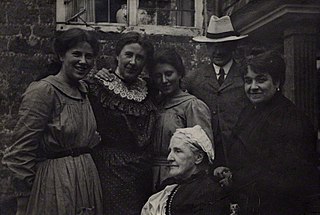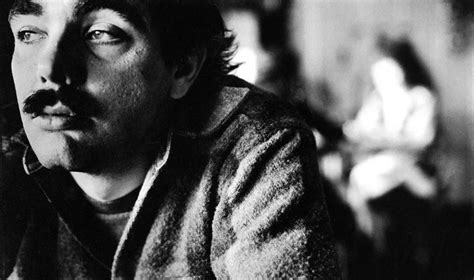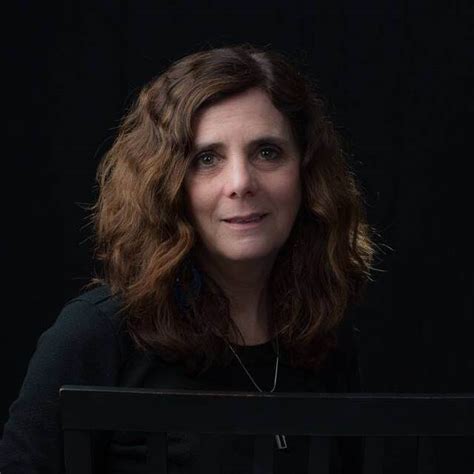A Quote by Logan Pearsall Smith
It is through the cracks in our brains that ecstasy creeps in.
Related Quotes
Classically, there are three ways in which humans try to find transcendence--religious meaning--apart from God as revealed through the cross of Jesus: through the ecstasy of alcohol and drugs, through the ecstasy of recreational sex, through the ecstasy of crowds. Church leaders frequently warn against the drugs and the sex, but at least, in America, almost never against the crowds.
Life has been messy for me, as it has for most everyone. I have come to the realization that challenging experiences break us all at some point—our bodies and minds, our hearts and egos. When we put ourselves back together, we find that we are no longer perfectly straight, but rather bent and cracked. Yet it is through these cracks that our authenticity shines. It is by revealing these cracks that we can learn to see and be seen deeply.
Many quantum physics are realizing or hypothesizing that consciousness is not a byproduct of evolution as has been suggested. Or for that matter, an expression of our brains, although it expresses itself through our brains. But consciousness is the common ground of existence that ultimately differentiates into space, time, energy, information and matter. And the same consciousness is responsible for our thoughts, for our emotions and feelings, for our behaviors, for our personal relationships, for our social interactions, for the environments that we find ourselves in, and for our biology.
Throughout our lives friends enclose us like pairs of parentheses. They shift our boundaries; crater our terrain. They fume through the cracks of our tentative houses and parts of them always remain. Friendship asks the truth and wants the truth, hollows and fills, ages with us, and we through it. It cradles us like family. It is ecology and mystery and language - all three. Our grown-up friendships - especially the really meaningful ones- model for our children what we want them to have throughout their lives.






































